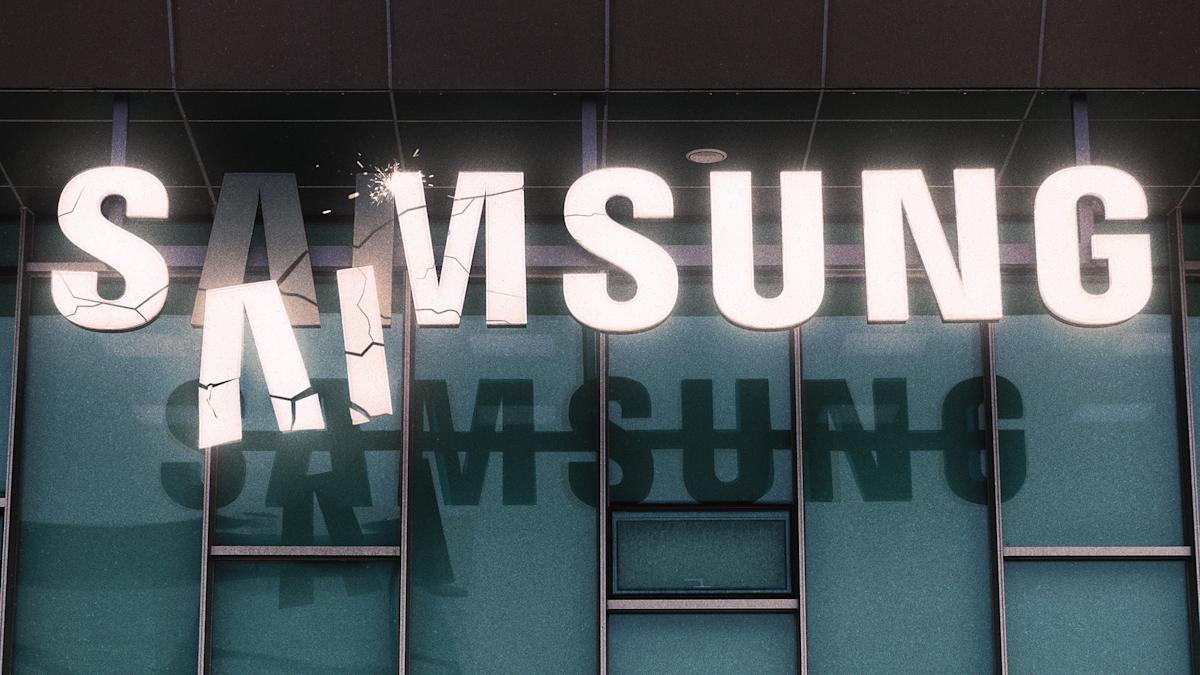(Bloomberg) — Samsung Electronics Co.’s semiconductor arm reported a bigger-than-expected 80% surge in profit, suggesting global AI demand is helping drive a recovery at the Korean company’s most important business.
The unit, which competes with SK Hynix Inc. and US-based Micron Technology Inc., said it will focus next year on mass production of the next generation of high-bandwidth memory or HBM4 — designed to work in tandem with AI accelerators from Nvidia Corp. The company echoed SK Hynix’s prediction that a spending spree in artificial intelligence will persist this quarter and into next year. Its shares climbed 3.6% in Seoul during the regular session.
Most Read from Bloomberg
South Korea’s largest company has been trying to recover from a series of missteps that allowed SK Hynix to seize the lead in memory that boosts AI capabilities. It’s now trying to get back into that fierce contest, in which big spenders from OpenAI to Meta Platforms Inc. are amassing computing power for AI services. Samsung has earmarked 47.4 trillion won ($33 billion) of capital spending for 2025, to expand and upgrade capacity.
“Everything that’s related to memory — advanced or conventional — is in very strong demand and supply is lagging,” said Sanjeev Rana, head of research at CLSA Securities Korea. “We are likely to see this DRAM and NAND price upturn lasting several quarters from here.”
Samsung is racing to catch up to SK Hynix and Micron in AI memory.Source: Bloomberg
Samsung’s chip division posted an operating profit of 7 trillion won for the September quarter, compared with analysts’ average projection for 4.7 trillion won. The memory chip business — a key pillar of Samsung’s empire, which spans smartphones and home appliances — hit record-high quarterly revenue on HBM3E sales, it said.
The company, which reported upbeat preliminary operating profit and revenue earlier this month, said net income totaled 12.01 trillion won, beating estimates for 9.29 trillion won.
What Bloomberg Intelligence Says
Samsung Electronics’ operating-profit margin could expand further in 4Q due to its semiconductor division, which achieved a 21.1% margin in 3Q vs. 1.4% in 2Q. Selling prices for both DRAM and NAND chips are rising, while volume could grow in 4Q. The company’s foundry business might also improve due to more orders for smartphone processors.
– Masahiro Wakasugi and Takumi Okano, analysts
Click here for the research.
The spending spree is spilling over into demand for conventional memory products, where Samsung dominates. Its stock price is up about 90% since the start of the year, although shares of AI memory leader and home rival SK Hynix have more than tripled in the same period.
Investors are betting on Samsung’s chances of using its scale to gain ground in high-bandwidth memory. It reclaimed its spot as the top memory maker in terms of revenue in the third quarter after AI-related investments bolstered prices and sales volumes of general-purpose DRAM and NAND, according to Counterpoint.
The Suwon-based chipmaker recently secured an order from Advanced Micro Devices Inc. while awaiting final approval on HBM3E chips and next-generation HBM4 from Nvidia, whose boss Jensen Huang is in South Korea this week. Samsung has also inked a deal to supply chips to OpenAI’s Stargate project.
“If you just look across the entire Korean ecosystem, every one of the companies are deep friends of mine and very good partners,” Huang told reporters during a company event in Washington earlier this week. “When I go, hopefully we’ll have some announcements that will be really, really delightful to the people of Korea and really delightful to President Trump.”
–With assistance from Seyoon Kim.
(Updates with chart and analyst comment in the fourth paragraph.)
Most Read from Bloomberg Businessweek
©2025 Bloomberg L.P.

